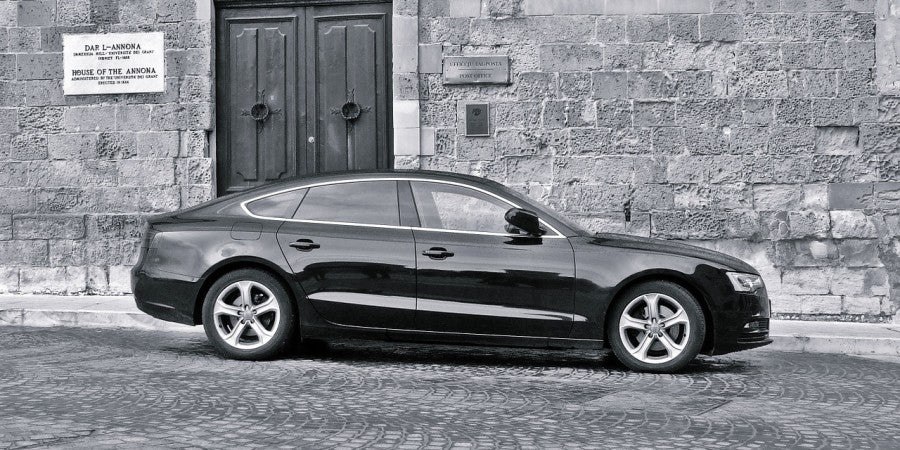The development of the Internet has had a major impact on many areas of life. In relation to strength training, this effect is so great that the entire way of acquiring knowledge has changed. From books, magazines and the one trainer in his gym to millions of articles, blog posts, forums, comments and videos. At no point in history have exercisers had so much access to information about strength training. Based on the principle that more information leads to better training and therefore more progress, we should be seeing more advanced lifters in every gym around the world today than ever before. The opposite is the case.
One of the reasons for this is the spread of chauffeur knowledge. I first heard the term chauffeur knowledge from author Rolf Dobelli, who referred to this term and a few other anecdotes to Charlie Munger, the business partner of investment tycoon Warren Buffet, and his book "Poor Charlie's Almanack". There Munger tells the story of Max Planck, the founder of quantum physics. After winning the Nobel Prize in 1918, he went on tour through Germany in order to share his findings with his audience on a seminar trip before the days of television and the Internet. In every city he was invited to, he gave the same lecture on his findings in quantum physics. After a while, his chauffeur, who drove him through Germany, knew this lecture by heart. And Planck made the following suggestion: “You must be bored, Professor Planck, always giving the same lecture. I suggest I do that for you in Munich and you sit in the front row wearing my chauffeur cap. That would give us both a bit of variety.” Max Planck was amused and agreed, and so the chauffeur gave the long lecture on quantum physics to a high-calibre audience. After the lecture, the first listener raised a question. The chauffeur answered directly: “I never would have thought that such a simple question would be asked in a city as progressive as Munich. I will ask my chauffeur, who is sitting in the front row, to answer the question.”
Based on this story, there are two primary forms of knowledge:
The chauffeur knowledge - the knowledge that you acquire with little or no practice by reading and listening.
The Real Knowledge – The knowledge that one has built up through a great deal of practice, time, work, effort, self-criticism and thought.
The chauffeurs in the sense of Charlie Munger's story are thus people who pretend to know. However, you lack actual practical experience and, accordingly, the depth and practical application of knowledge. So the chauffeur knowledge they spread is full of gaps and characterized by a lack of effectiveness and success in reality.
Acquiring real knowledge is a long, arduous journey marked by many attempts, constant analysis, self-criticism, setbacks and eventual success. A process that is easy to avoid if you focus on the much faster and easier accumulation and dissemination of chauffeur knowledge. The Internet gives everyone a platform who wants to spread their chauffeur knowledge (mostly populist). So the internet is full of chauffeur knowledge. Chauffeur knowledge that is full of gaps in practice.
The differentiation between chauffeur knowledge and real knowledge, especially in the context of strength training on the Internet, is crucial in order to choose strategies, methods and training systems that actually, constantly and sustainably enable progress in training.
Simple, but not easy. Simple, but not easy.
Good luck in identifying chauffeur knowledge!
Charlie Munger's Poor Charlie's Almanack is available on Amazon
Image: A car for a chauffeur.

